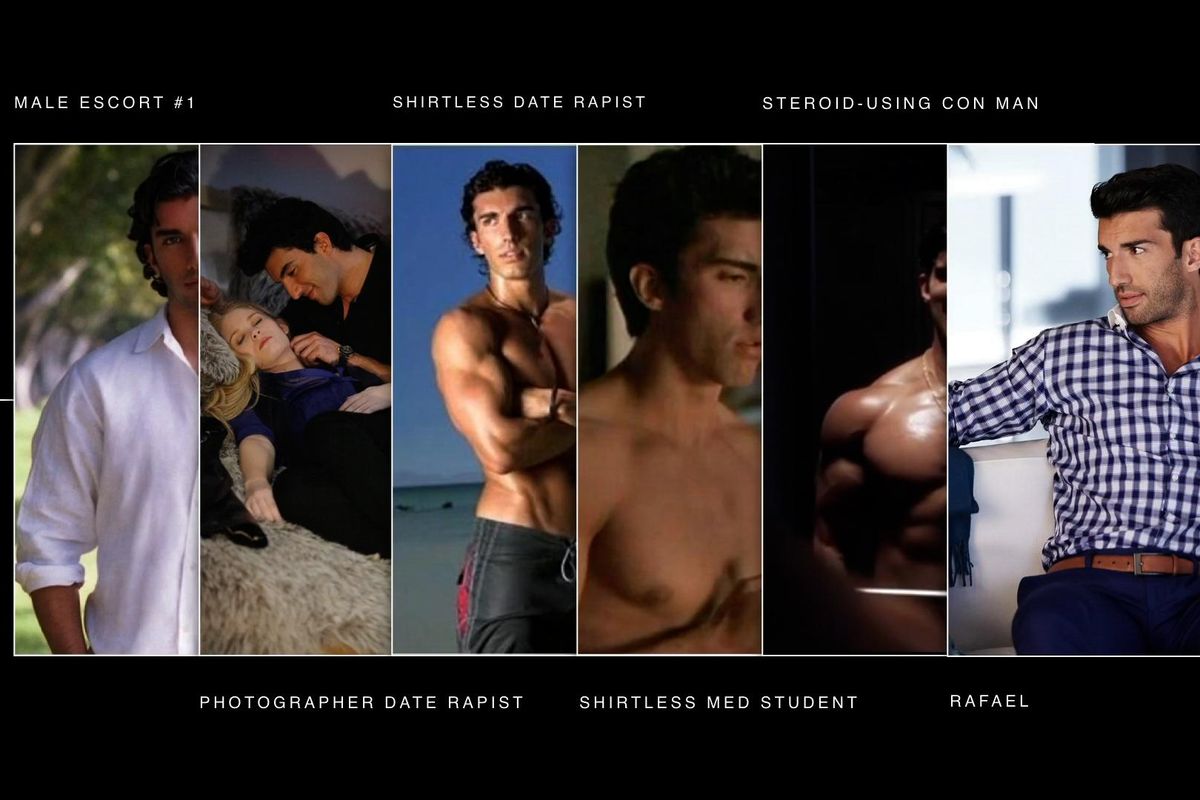The heartbreaking reasons why men respond with 'I'm fine' when they're actually not
This is something women may need to look at.
Men respond with 'I'm fine' for heartbreaking reasons
Society often portrays men as logical creatures who are good problem solvers because they don't have all these emotions that get in the way. It's something that's often wielded as this superpower that men have over their female counterparts. This isn't anything of men's doing, at least not men from the last several generations.
This "logical non-emotional" stereotype was thrust upon them in much the same way as the stereotype that women are "too emotional" and borderline hysterical when things don't go their way. There's no getting around bumping into this general thought process or at least the remnants of it on a near daily basis. Because it's so prevalent in societal norms in much of the western world, men and women subconsciously internalize these things.
But anyone who has raised both genders are aware that boys and girls are equally as emotional, it's just that they start receiving very different messages about that emotionality from a very early age. Starting around preschool age boys begin to hear, "big boys don't cry" while they watch their younger sister or classmate receive comforting and kind words when they begin to cry. When it comes to young girls, they're often given more responsibilities at an earlier age whether it's teachers picking girls more often for "classroom helper" or parents focusing more on their daughter cleaning up after themselves than their sons because "boys are messy."

Many examples of this exist so before too long it would seem that both genders are getting gendered messaging about themselves and each other. But in recent years there has been a shift in people wanting men to get in touch with their emotions as to not feed into the societal American norm of toxic masculinity. This focus on men's emotional well-being comes on the heels of research showing the harmful effects of enforcing restrictive gender roles. According to United Way, "restrictive gender norms often limit children’s potential and opportunities, affect their self-esteem and mental health, and shape their relationships with peers."
As society shifts to be more flexible with gender norms, men are beginning to not only admit to having feelings other than anger or happiness, but are expressing them. Or at least, they're attempting to express them according to the overwhelming repetitive response to a question posed on Reddit. A user asks, "men, why do you say you're fine when you're not" and the answers were heartbreaking.

One person responds with, "Because I think most believe that nobody truly gives a f*ck," which was quickly backed up by others with personal stories.
Another shares, "Honestly, no one really listens. You get about five words in and people decide where they think you’re going with this. Then they talk about that thing instead of what you’re talking about no matter what you say. Its usually easier for me to work through and process things myself than put the effort into fighting to be understood."
"My wife and I are having this problem right now. She finally blew up at me and said I don't talk to her anymore and I told her it's because she doesn't listen. I'll explain my thoughts or intentions in deep detail, but after the first 10 words or so she thinks she totally understands and tunes out everything else. Which ends up being cyclical, because she'll get mad that I didn't tell her something when in fact I did. Just easier to not say anything at all at this point, or keep answers to one subject and 10 words or less," someone chimes in adding to the sentiment of not being heard.

One man explains the rules he has learned, "My entire life as a man, I've been taught two things. I need to be coming up with solutions to problems. And if I'm not useful, I'm useless. The moment I ask for help or show that I need help with a problem rather than being the one helping with a problem, I am then regarded as the problem. When I am the problem, I'm not useful; see above."
Another reveals expressing emotions results in him comforting others, "Because if I tell you I'm not fine, it inexplicably somehow turns into me trying to comfort and reassure you. No, it's not because of you. No I'm not mad that you thought this was all about you. Well you shouldn't feel guilty. I'm sorry you're upset now. Of course I still love you. I'm sorry for upsetting you, honey. No, I promise I'm fine. Everything is perfect."
Men are listening to women and others telling them to open up about their emotions but their seems to be an important component missing. There are therapists that specialize in helping men achieve emotional intelligence and communication of their emotional needs. But it will take further shifting in societal consciousness to recognize when men are being vulnerable with their needs.
This isn't just a men problem, it's a social conditioning problem that needs to be dismantled as one person points out by saying, "ironically sometimes women still subconsciously carry the sexist belief that men should have better control over their emotions." Unlearning something that is ingrained in all aspects of society takes time as does learning to tap into and express feelings that were once equated to weakness. Everyone is learning and giving grace and understanding can go a long way to figuring things out.





 Photo by
Photo by 

 Photo by
Photo by 



 Photo by
Photo by 
 "Most of the men I play ooze machismo, charisma, and power," he said. "And when I look in the mirror, that's just not how I see myself."
"Most of the men I play ooze machismo, charisma, and power," he said. "And when I look in the mirror, that's just not how I see myself."

